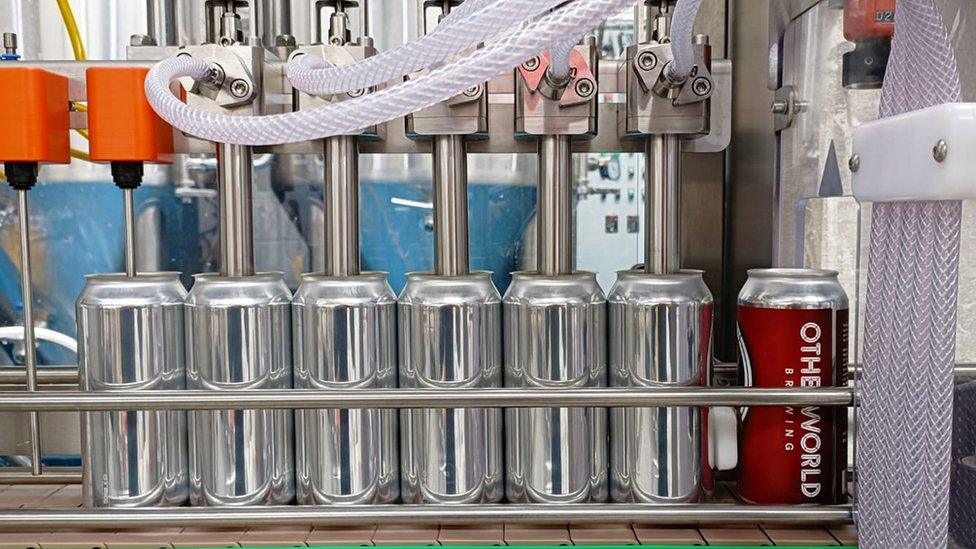Bottle return scheme problems reported months before UK rejection
- Published
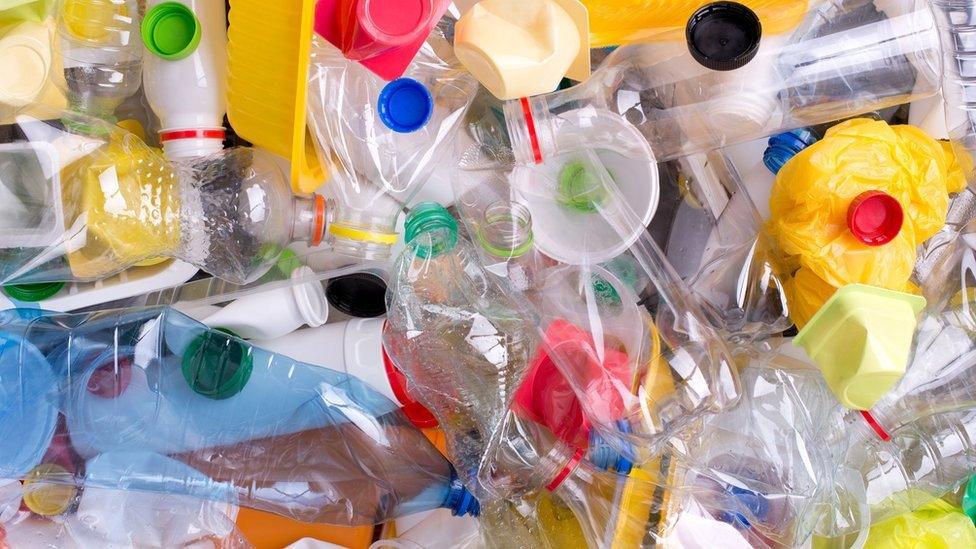
A Scottish government report from March shows the deposit return scheme was fraught with problems
Scotland's beleaguered recycling scheme was fraught with problems months before the UK government halted it, a report has shown.
Minister Lorna Slater later said she had no choice but to delay the deposit return scheme (DRS) until 2025 because UK ministers had excluded glass.
But the Scottish government's review from March said the DRS was not ready for its original launch date in August.
It said problems had led to "a severe lack of confidence" in the scheme.
The Scottish government said it had acted quickly to implement the report's recommendations.
When it is introduced, the DRS will see a 20p charge placed on drinks containers which will be refunded to consumers when they return the bottles and cans, in a bid to increase recycling levels.
Larger stores, shopping centres and community hubs will operate reverse vending machines for people to return their containers.
Originally due to launch in August this year, it has now been delayed twice and is expected to run at the same time as other UK schemes.
These delays have led to the collapse of Circularity Scotland - the private company responsible for operating the DRS - which has now appointed administrators.
Ms Slater, the government's circular economy minister, sent part of a report on the project's readiness, external - called the Gateway Review - to the net zero committee on Wednesday.
Lorna Slater told the Holyrood chamber that Circularity Scotland staff were in an "extremely difficult position".
The report gave the DRS an "amber/red" status which means there was doubt over whether it could be delivered successfully.
It also means there were "major risks or issues" in key areas which required "urgent action".
The report said a key blocker to the DRS' delivery was the time taken by the UK government to make a decision on whether to grant Scotland an exemption to internal market rules.
UK ministers eventually decided to grant this exemption providing the Scottish scheme did not accept glass.
Glass was a key part of the original Scottish proposals and is still included in the Welsh government's DRS proposals.
UK ministers said they had "listened to businesses" and wanted the DRS in Scotland to have the same rules as projects in other UK nations.
The report itself called for the DRS to be delayed, but on industry figures, it said: "When asked about a delay to align timescales with [renewableUK] schemes, some said 'that would be nice' but none pushed that option with any conviction."
'Practical difficulties'
Another key problem was a lack of clarity on pricing - the report said retailers were unwilling to make IT changes until certainty was provided.
The report also said that debate among the then candidates for first minister had brought "much uncertainty to programme delivery".
"We heard opinion that many industry stakeholders are pausing further action until a new first minister's position is made clear," the report said.
Some industry figures told officials that August was the "worst possible" month for a launch as it was the peak summertime market for single-use drinks - they suggested that February or October would be better.
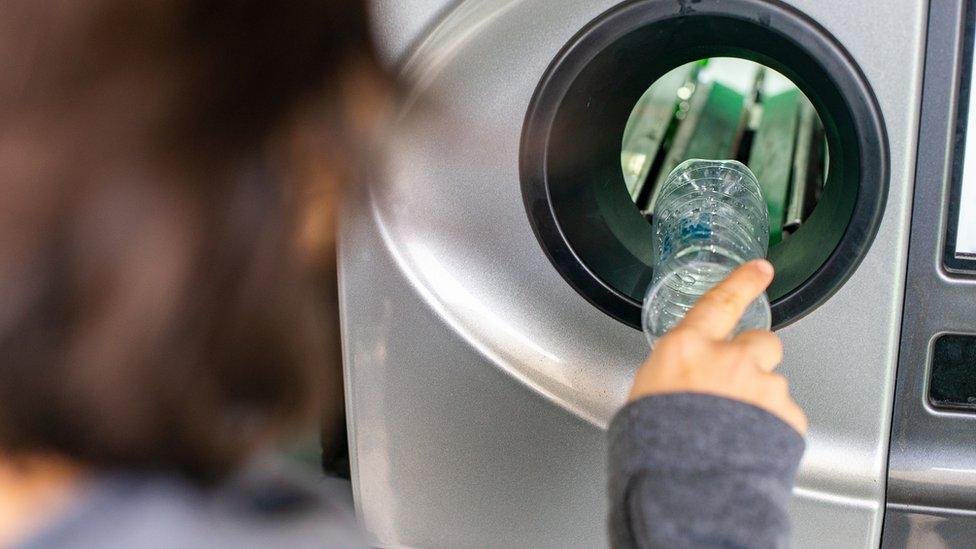
Larger stores, shopping centres and community hubs will operate reverse vending machines
The report said: "Collectively these issues, amongst many other system operation uncertainties, are creating indecision, inaction and a severe lack of confidence at the very time when actions and decisions are critical to delivering a working system with smooth operation."
It added: "The review team heard concern from multiple interviewees about the lack of clarity about processes, timings and detailed arrangements for the financial flows.
"This presents practical difficulties for several parties involved as they are unable to make robust plans for their parts of the whole system operation."
Looking to schemes in other nations, it said an English DRS was "not likely to be available until well beyond the 2025 ambition" and that aligning a Scottish scheme with an English scheme would "probably mean a delay well beyond October 2025".
A spokesperson for the Scottish government said since the decision to first delay the DRS until March, it had been left with "no other option" than to push it back further.
They added: "This is a direct consequence of the eleventh hour decision by the UK government to fatally undermine the viability of Scotland's deposit return scheme by imposing vague and completely unworkable conditions on it."
- Published20 June 2023
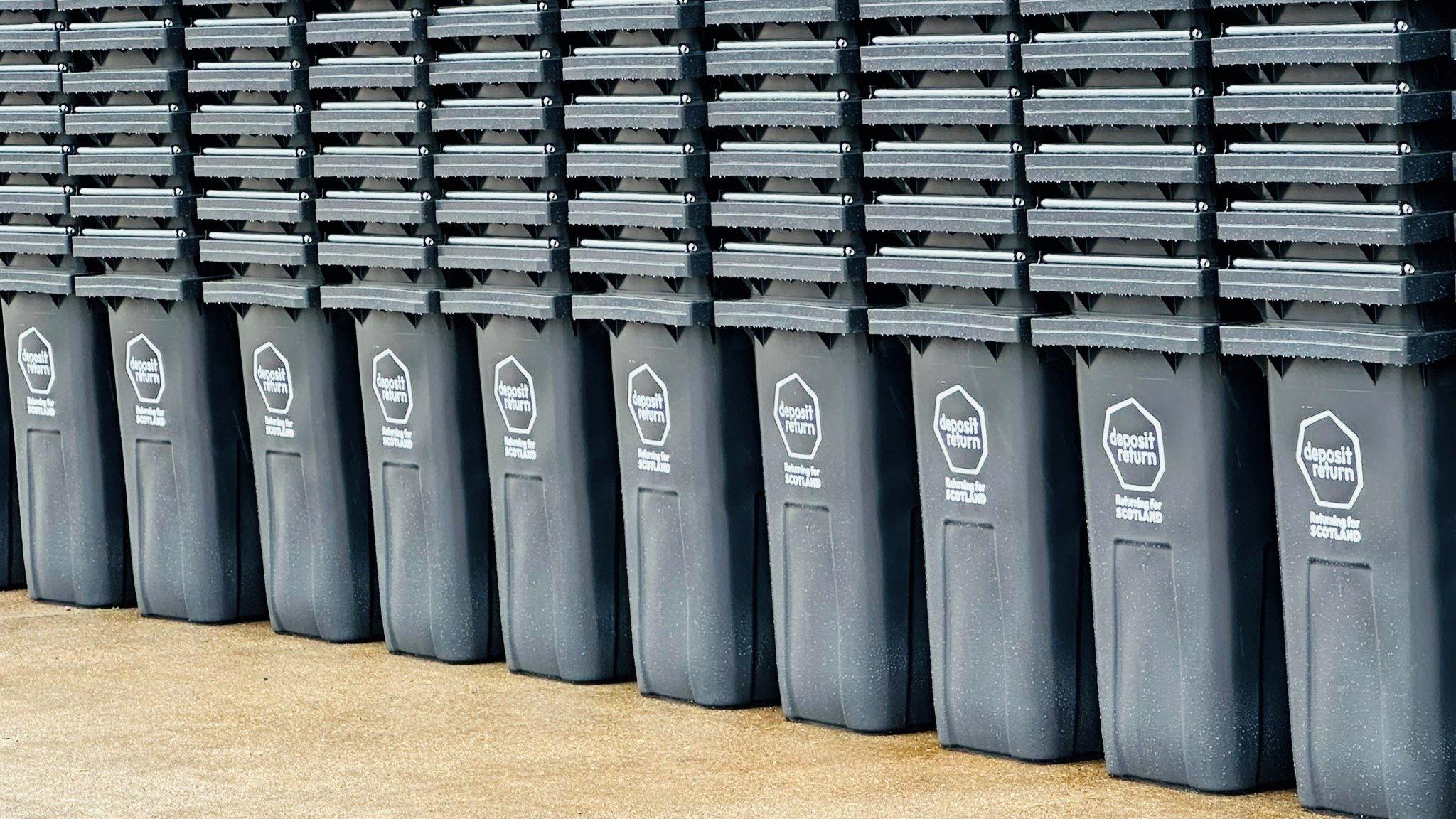
- Published7 June 2023
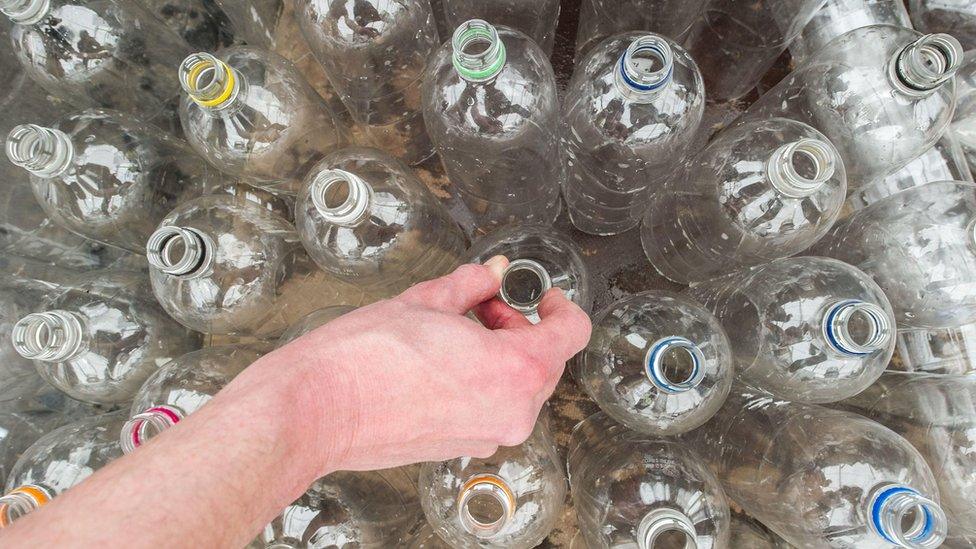
- Published7 June 2023
